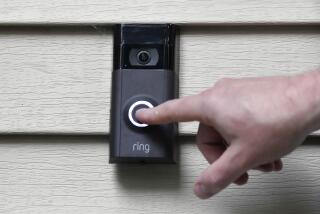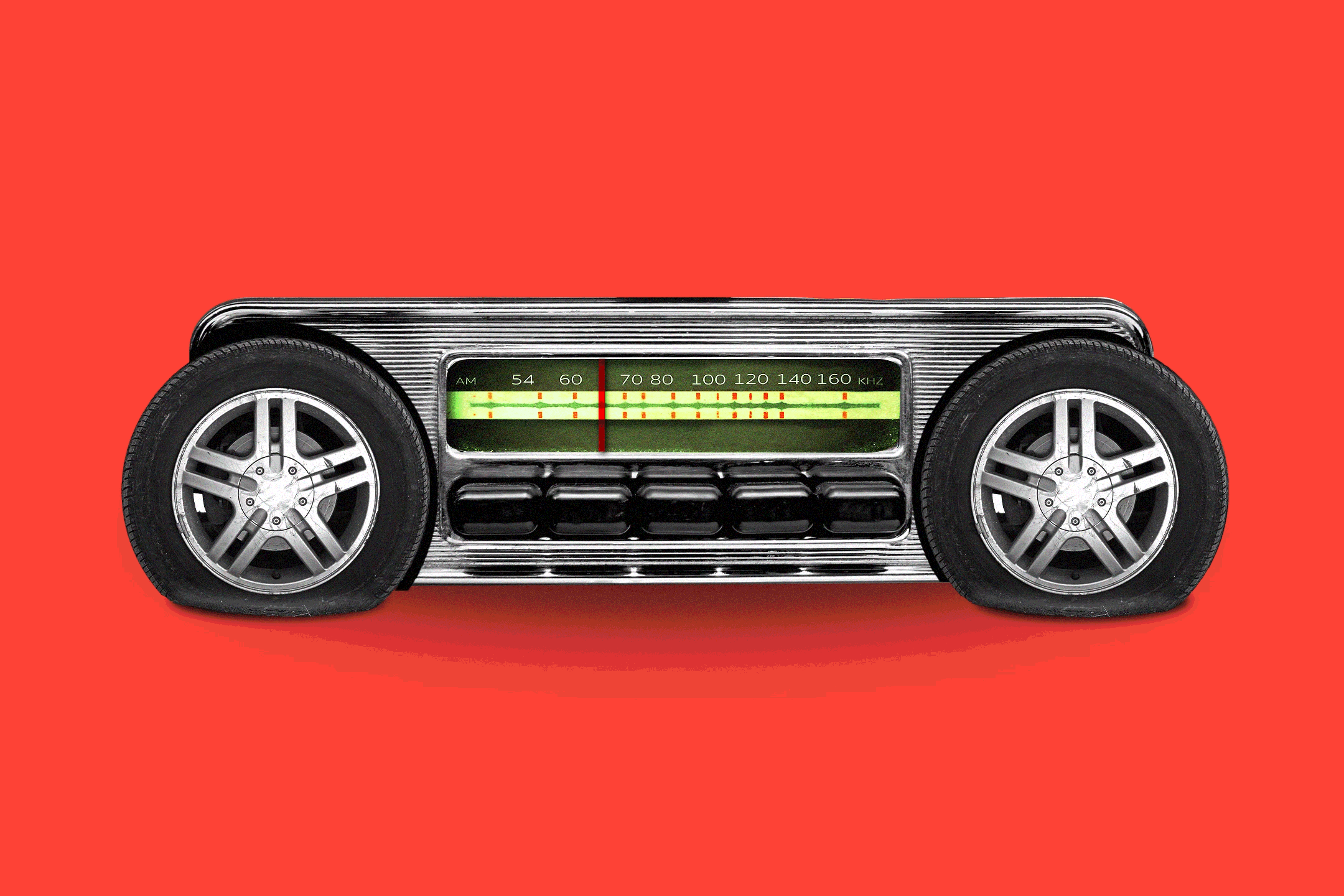Garage Doors Just Follow Orders
- Share via
It seemed at first like an open-and-shut case when the repairman came to inspect Shelley Slack’s malfunctioning garage door.
The Yorba Linda resident was baffled when her garage door -- and that of a neighbor -- would mysteriously open and close several times a day over the last few weeks.
The repairman had a quick diagnosis: Military radio transmissions were playing havoc with her automatic garage door-opening system.
He may have been right. The U.S. military and the Federal Communications Commission both acknowledge that new military radios, part of an $800-million effort to upgrade communications at bases, have interfered with garage door openers across the country.
Both agencies have fielded numerous complaints from frustrated residents since last year, when the Department of Defense began installing radios that use the same frequency as the ubiquitous clickers.
“There’s been a great deal of frustration,” said Bruce Romano, an administrator with the FCC’s office of engineering and technology. “Everyone’s unhappy, and that’s unfortunate.”
The military radios operate on the same 390-megahertz frequency as the openers. Although the government has reserved that frequency for military use for more than 50 years, manufacturers of garage door openers have for decades been allowed to use it for their low-power remote transmitters.
The garage-opener interference issue was quick to surface when the first radios were switched on at Eglin Air Force Base in Florida and at military installations in Pennsylvania, authorities said this week.
“All of a sudden, all sorts of homeowners couldn’t open their garage doors,” said Tom Wadsworth, editor of Illinois-based Door and Access Systems magazine, a trade publication. “I even talked to an Eglin colonel it happened to.”
Wadsworth said the high-powered military radios “overpower” the low-output door-opener remotes.
Although officials initially claimed that only homes next to military bases were likely to be affected, they later conceded that interference could occur much farther away.
Flat, low-lying areas seem most susceptible to interference. The farthest distance that door openers have been affected is about 25 miles, said Lt. Col. Chris Conway, a Pentagon spokesman.
“It’s caused problems in certain communities. We’re trying to mitigate it,” Conway said Thursday. Officials have conferred with representatives of the garage-door industry and considered the use of other frequencies within the military’s 380- to 400-megahertz band allotment.
Door-opener manufacturers believe the military is underestimating the problem, saying that the interference range could be as much as 50 miles. And they estimate that as many as 56 million door openers are now in use within that range.
In addition, military officials deny that the interference is capable of actually causing doors to open and close. They say the interference can only cause openers not to work.
Slack remains skeptical.
Sometimes, she said, her garage door refuses to open when she presses her hand-held clicker. Other times it won’t close. And in between, it opens and closes on its own.
“It opened and closed six times on Tuesday. I watched my neighbor’s garage door go up and down nine times in one day while she was at work,” said Slack.
“One of my neighbors saw my garage door open all day when I wasn’t home and closed it. One time I got locked in the garage without my house key when the door went down without warning. I had to manually pull it open to get out.”
Installers of garage door openers in areas close to military bases say they are braced for an avalanche of repair calls as the radios are phased in.
“We’ve got Mugu, the National Guard and Hueneme. It’s going to be interesting to see what happens,” said Tim Whitehouse, a supervisor for Ventura County Overhead Door Co., referring to several bases in his area. “If what they’re saying is true, it will shut down everything from Simi Valley to almost Santa Barbara.”
Betsy Landos, a technician with Marwest Access Controls, a Canoga Park-based door-opener supply company, said calls for replacement receiver-transmitters are coming in from across the country.
“There are some angry customers. But most take it in stride since it’s the U.S. military that’s involved,” Landos said.
The FCC’s Romano said garage door openers have been allowed to use the military frequency on an “unlicensed basis” for decades because they operate at very low power. He said homeowners may be able to overcome the radios’ jamming effect by lengthening their door opener’s wire antenna or moving closer to the garage when using the remote.
Or they can buy a new transmitter-receiver on a different frequency and install it on their opener.
That’s what Slack intends to do. She’s ordered a $319 replacement unit.
“The garage door company said they’re swamped and can’t do it right away,” she said. “So I’ve padlocked my garage door shut.”
More to Read
Inside the business of entertainment
The Wide Shot brings you news, analysis and insights on everything from streaming wars to production — and what it all means for the future.
You may occasionally receive promotional content from the Los Angeles Times.











